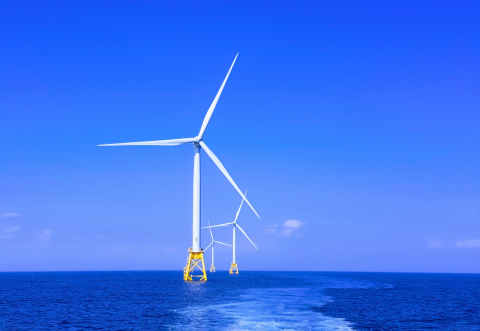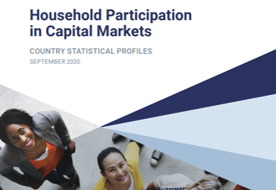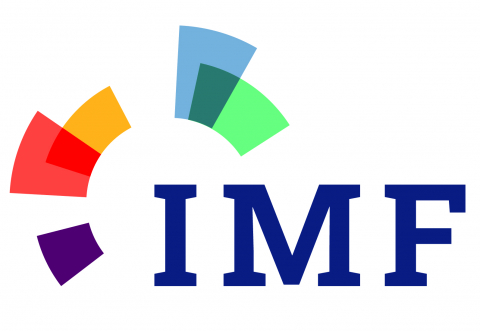Investors would benefit from an EU legal framework with due diligence guidelines and reporting requirements for companies in the real economy. This framework should be consistent with the reporting requirements in the revised NFRD and the disclosures in the Sustainability-Related Disclosures regulation (SFDR). At the same time, any framework for supply chain due diligence should not impose a competitive disadvantage for EU companies.
Sustainable Finance
The asset management industry plays a key role in meeting the objectives of the European Green Deal to make the EU’s economy sustainable. Our members integrate ESG considerations across their risk management processes and investment decisions. They develop sustainable investment products and foster transparency to fight greenwashing. This increases choice, trust and, in turn, retail investors’ participation. Overall, such efforts mobilise capital towards a fair and just transition to a climate-neutral economy by 2050.
EFAMA actively contributes to the development and implementation of EU’s sustainable finance initiatives. Among them are a comprehensive transparency framework for financial market participants, standards and labels for green financial products, classification of green economic activities and policies enhancing corporate sustainability reporting.
EFAMA response to EC consultation on Sustainable Corporate Governance
Priorities for the investment management industry - EFAMA letter to Portuguese Presidency of the EU
The European investment management industry is helping savers achieve their financial goals and build up retirement savings. Investment management is a vital part of the European economy, providing funding for companies and infrastructure projects and contributing to economic growth and job creation across all Member States.
EFAMA feedback on draft Delegated Act of Taxonomy Regulation for climate change mitigation and adaptation
As the voice of European asset management industry, EFAMA strongly welcomes the development of
the EU Taxonomy and its technical screening criteria. We see the Taxonomy as a critical tool to
unleashing the potential of sustainable finance in Europe by assisting issuers, project promoters,
companies, investors, and other financial market participants in identifying truly sustainable economic
activities. We wish to put forward recommendations that aim to improve the usability and integrity of this
framework.
Fund naming guidelines put growth of corporate green bond sector at risk
Clarification is urgently needed to enable rather than restrict EU sustainable investment
The EU has been at the forefront of green bond issuances, demonstrating strong growth and commitment to sustainable finance. However, ESMA’s new Fund Naming Guidelines create inconsistencies with other sustainable finance regulations, like the EU Green Bond Standard, which could hamper the growth of the corporate green bond sector.
Significant growth of sustainable equity funds over the last 5 years
Regulatory clarity required to sustain further growth
Market Insights #18 - Sustainable Equity UCITS
This report looks specifically at the evolving trends of the equity asset class of sustainable UCITS, whose share is the highest (53%) in total sustainable UCITS funds. It highlights their role as investment vehicles in facilitating the green transition. The universe of sustainable equity UCITS funds is defined based on Morningstar’s classification of sustainable financial instruments1. This means funds must claim to have a sustainability objective, and/or use binding ESG criteria for their investment selection.
Market Insights | Issue #4 | ESG investing in the UCITS market: a powerful and inexorable trend
The report looks at the major trends in the ESG UCITS market, the impact of the coronavirus pandemic, and the behaviour of ESG and non-ESG funds.
EFAMA Market Insights | Issue# 3 | Sustainable Investment in the European Asset Management Industry
For this Market Insights, EFAMA collaborated with its member associations and strategy consultants at INDEFI to estimate the level and nature of ESG investment by European asset managers at the end of 2019, distinguishing between the ESG strategies applied at the firm level and those applied at the level of individual fund and discretionary mandate. The assets under management covered in the report include EUR 12.5 trillion of investment fund assets and EUR 11.4 trillion of mandate assets.*




































